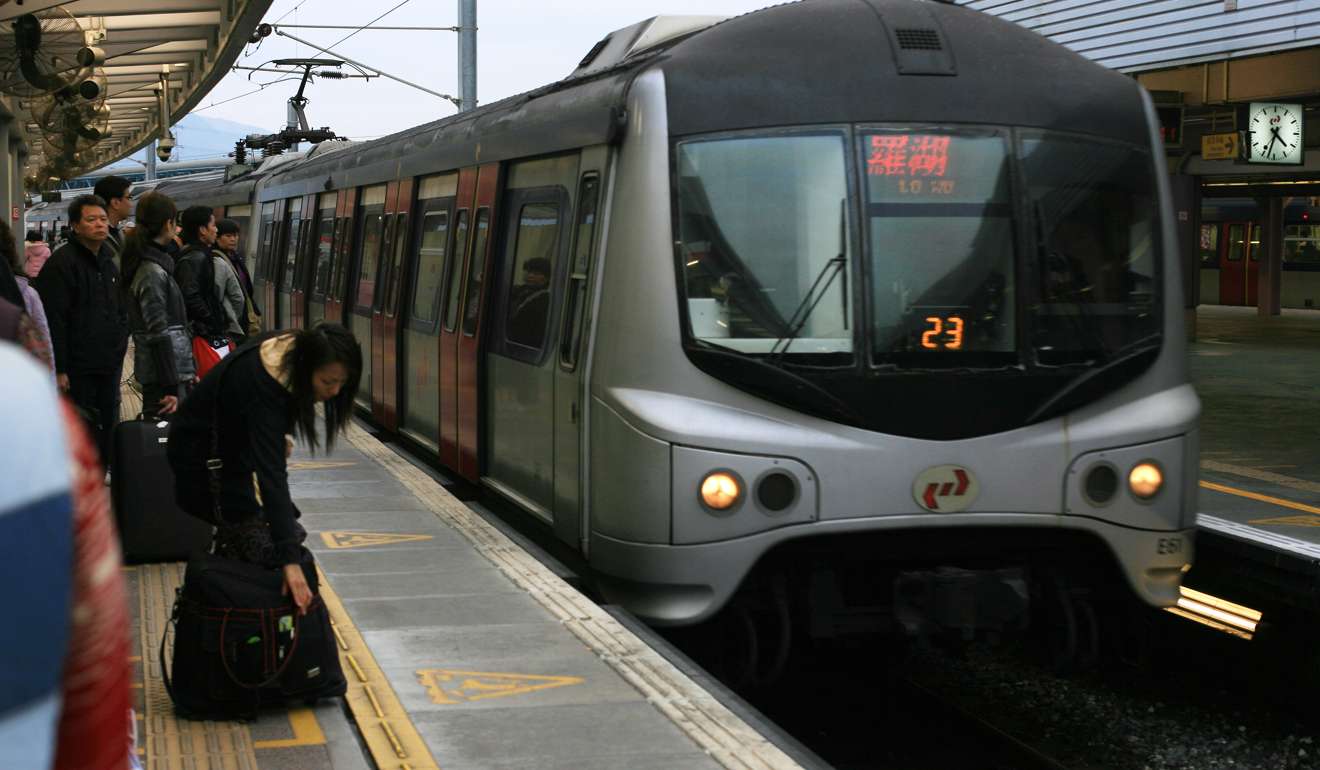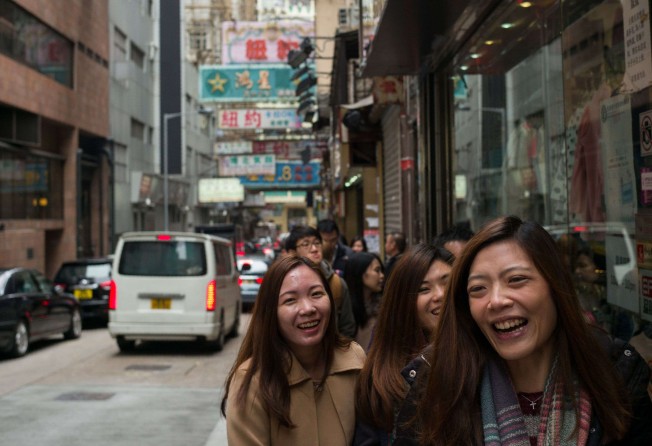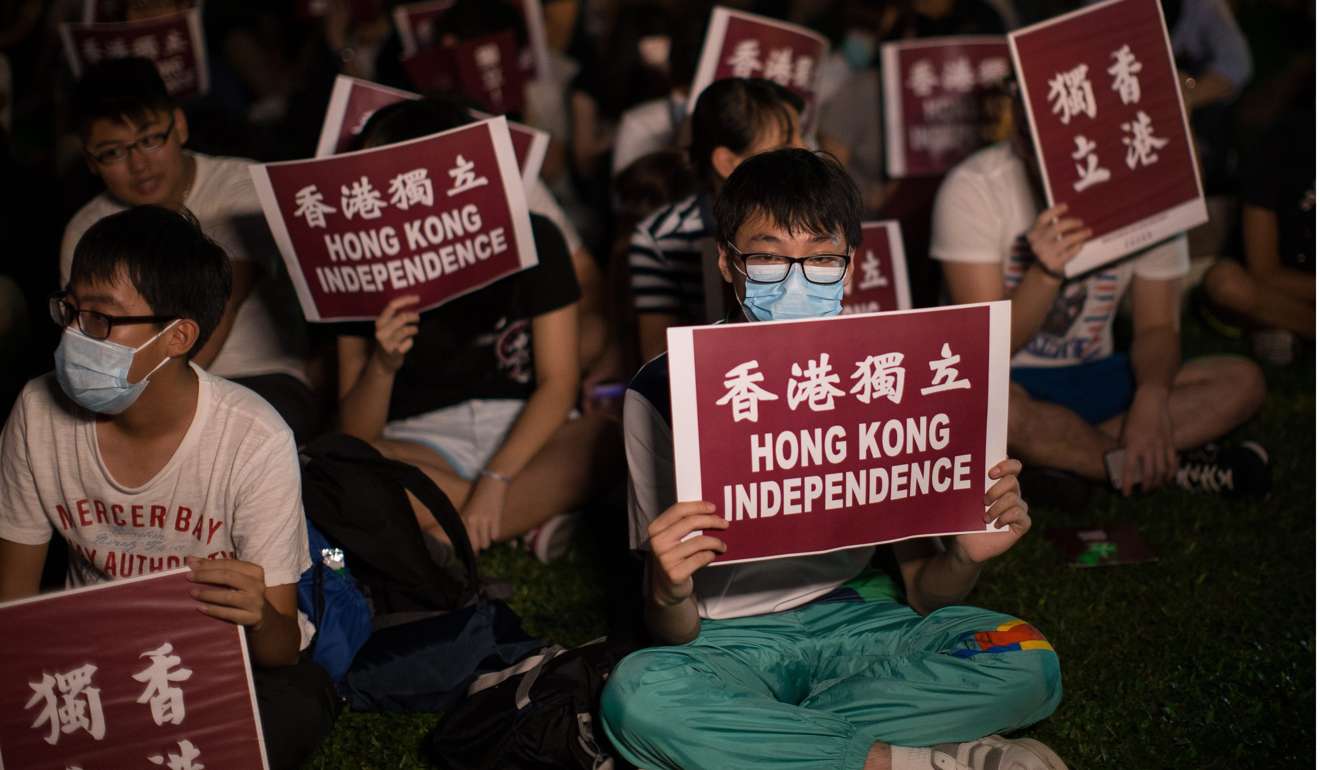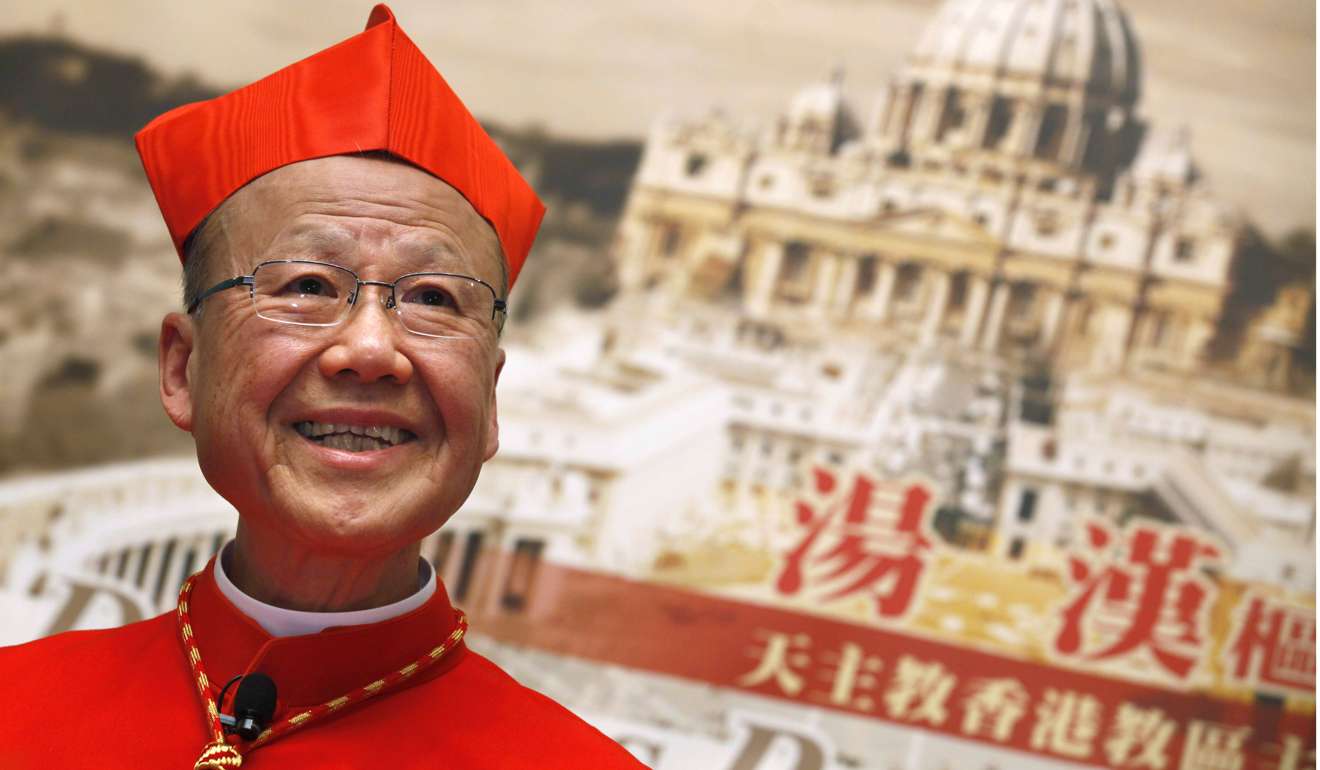
For Hong Kong – part Chinese, part Western – destiny awaits
Francesco Sisci says while the city’s role as a conduit for foreign investment into the mainland has faded, a potential role has emerged that could dispel its sense of feeling lost – as a facilitator of cultural understanding between China and the rest of the world

About 10 years ago, the difference in lifestyle and system between Hong Kong and the rest of China was evident just in the train that moves commuters daily from Shenzhen to the city and vice versa. At the ends of the short ride lay two worlds.
In Hong Kong, all was bright and shining, police officers stern but friendly, passengers queued up, and cars lined up along yellow lines on the road. In Shenzhen, all was drab and grey, despite the superior facilities. Police officers were rigid like poles, or fat from lack of exercise. Nobody formed queues and cars were packed in muddled jams held back only by iron barriers splitting the road.
Yet the same people went back and forth on the two sides of this one China. Here was all the disparity between these two worlds: Beijing was trying to lead all of China to become like Hong Kong, while the sheer gravity of 1.4 billion people dragged Hong Kong to Shenzhen.

Ten years after the 1997 British handover, Hong Kong’s legacy of being a bridge for foreign investment into China was still lingering. Today, that investment flows directly to Beijing or Shanghai, skipping Hong Kong, and financing is flowing out of China far more than into it. The situation on both ends of the commuter line has changed.
Mainlanders feel Hong Kong receives so many benefits from Beijing, and it repays the favour with resentment
A growing sense of betrayal is festering on both sides. Mainlanders feel Hong Kong received and receives so many benefits from Beijing, and it repays the favour with resentment. Hongkongers believe the favour is no favour, but dues to the city that incidentally largely end up in the pockets of a few monopolistic tycoons, and that mainlanders treat Hong Kong with a lack of respect. There is a lot of room for improvement in communication to reconcile these two perceptions. Yet, perhaps, more importantly, there is the lack of a sense of the destiny of Hong Kong.
If the city is no longer the conduit of foreign investment into China, and it is suspected of simply being the harbour for laundering ill-gotten gains from the mainland, then its destiny is sealed – especially since the Xi Jinping (習近平) administration has shown no patience for the old corrupt practices. It is also clear that even Hong Kong’s renowned financial services remain out of Beijing’s political grace and could be easily shipped to Shanghai or Singapore if the political winds were to change.
Perhaps it is the disappearance of that destiny that buoyed the protests of some young people shouting for independence, as if independence could bring back the hopes and opportunities once tied to Hong Kong. In fact, the independence of Hong Kong would just sever many bridges from the mainland and doom the city to economic collapse or irrelevance.

Still, this doesn’t mean that the city should survive just on handouts from Beijing. There is a new potential destiny for Hong Kong: like the train that links Hong Kong with the mainland, the city could be a conduit for cultural understanding and integration into the world – something Beijing craves now more than it did 10 or 20 years ago.
China’s explosive growth has brought it closer to the world than ever in its history. Yet, differences with the rest of the world have become even more evident. Despite the proclaimed rejection of Western values, it is clear that the world is largely Westernised and China’s own drive for modernisation is just another word for Westernisation, or, rather, Americanisation.
If Hong Kong fails in this task, it will have no future, with or without independence
Examples in Taiwan, Japan or South Korea show that, actually, modernisation and opening up to the West is the best way to preserve traditional Chinese culture. Three decades of Maoism proved, conversely, that trying to destroy the old Chinese culture and oppose foreign ways landed China nowhere.
Here lies the destiny for the future of Hong Kong: to help China understand the world, Westernised and modern, and help the world understand and integrate with China. This is the task of the new chief executive, whose election will be held on March 26, and this could also be the job of the Post, as the largest English-language newspaper in Hong Kong and a natural cultural bridge between China and the rest of the world.
If the new destiny of Hong Kong emerges, the city will gain a role that could stretch well beyond the 30 years leading to the full return to China’s embrace, and it will have really helped to change China. This creates opportunities for the Hong Kong elite. Instead of funnelling cash in and out of China, they will have to channel cultural understanding, and they will have to do this while involving the entire Hong Kong population.

This is already happening. For instance, the Catholic bishop of Hong Kong, John Tong Hon, is trying to explain the positions of the church and China to one another on the difficult subject of the normalisation of ties between Beijing and the Vatican. It is fundamental in bridging the gap of understanding between the church and China, both behemoths of over 1 billion people.
In fact, this is the only option. If Hong Kong fails in this task, it will have no future, with or without independence. Conversely, if it embarks on this task, the advantages would be immediate. The “Hong Kong mediation” could lend new political credibility to Beijing, especially since the rise of tensions with America and China’s neighbours.
Francesco Sisci is a senior researcher at Renmin University of China